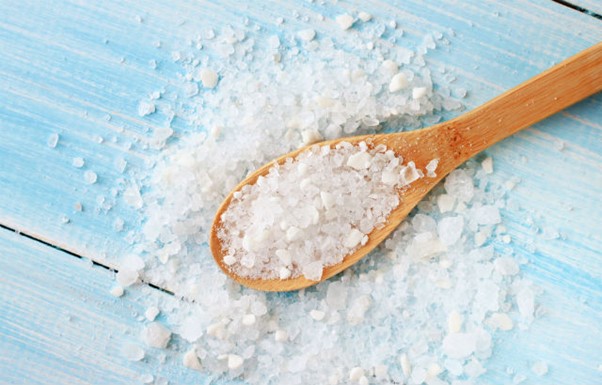Reduced salt intake significantly lowers blood pressure in people already on hypertension treatment
Using pooled evidence from 35 clinical trials, researchers have found a dose-response effect of sodium intake reduction on lowering blood pressure among individuals already taking blood pressure lowering medication. The analysis, published in Hypertension, showed that for every 3 grams of salt reduction, there was an average decrease of ≈3.5 mmHg in systolic blood pressure and ≈2 mmHg in diastolic blood pressure, findings that are consistent with studies conducted on individuals not taking blood pressure treatment. The results provide strong evidence that salt reduction remains an effective strategy for managing blood pressure in those on treatment.

For every 100 mmol reduction in 24-hour urinary sodium excretion, systolic blood pressure decreased by 6.81 mm Hg (95% CI, 4.96–8.66), diastolic blood pressure decreased by 3.85 mm Hg (95% CI, 2.26–5.43), and mean arterial pressure decreased by 4.83 mm Hg (95% CI, 3.22–6.44). The magnitude of the effect was dependent on the class of blood pressure lowering medication, with greater effect observed in those on β-blockers, Renin-angiotensin-aldosterone system (RAAS) inhibitors, and dual therapy involving thiazide diuretics and RAAS inhibitors. Those on calcium channel blockers or diuretics alone experienced a smaller fall in blood pressure.
Authors say that their findings address the question of whether and how the class of blood pressure-lowering medication affects the blood pressure response to sodium reduction, and provide critical insights for future guidelines on blood pressure management, highlighting the role of diet in complementing pharmaceutical interventions. By integrating salt reduction into the standard care for individuals with high blood pressure, there is potential for better blood pressure control, reduced reliance on drugs, and overall lower healthcare costs.
First author and WIPH Postdoctoral Research Fellow, Jing Song said: “Incorporating salt reduction into the routine care of individuals with high blood pressure reinforces the significance of public health initiatives aimed at lowering salt consumption across the population.”
Professor Graham MacGregor explained: “Reducing salt intake is not just beneficial, but essential for managing high blood pressure, even in patients already on drugs. Both public health policymakers and clinicians should prioritise salt reduction strategies, which could lead to significant improvements in cardiovascular health and a reduction in the need for drugs."
Song J, Chen L, Xiong H, Ma Y, Pombo-Rodrigues S, MacGregor GA, He FJ. Blood Pressure-Lowering Medications, Sodium Reduction, and Blood Pressure. Hypertension. 2024 Sep 5. doi: 10.1161/HYPERTENSIONAHA.124.23382. Epub ahead of print. PMID: 39236753.